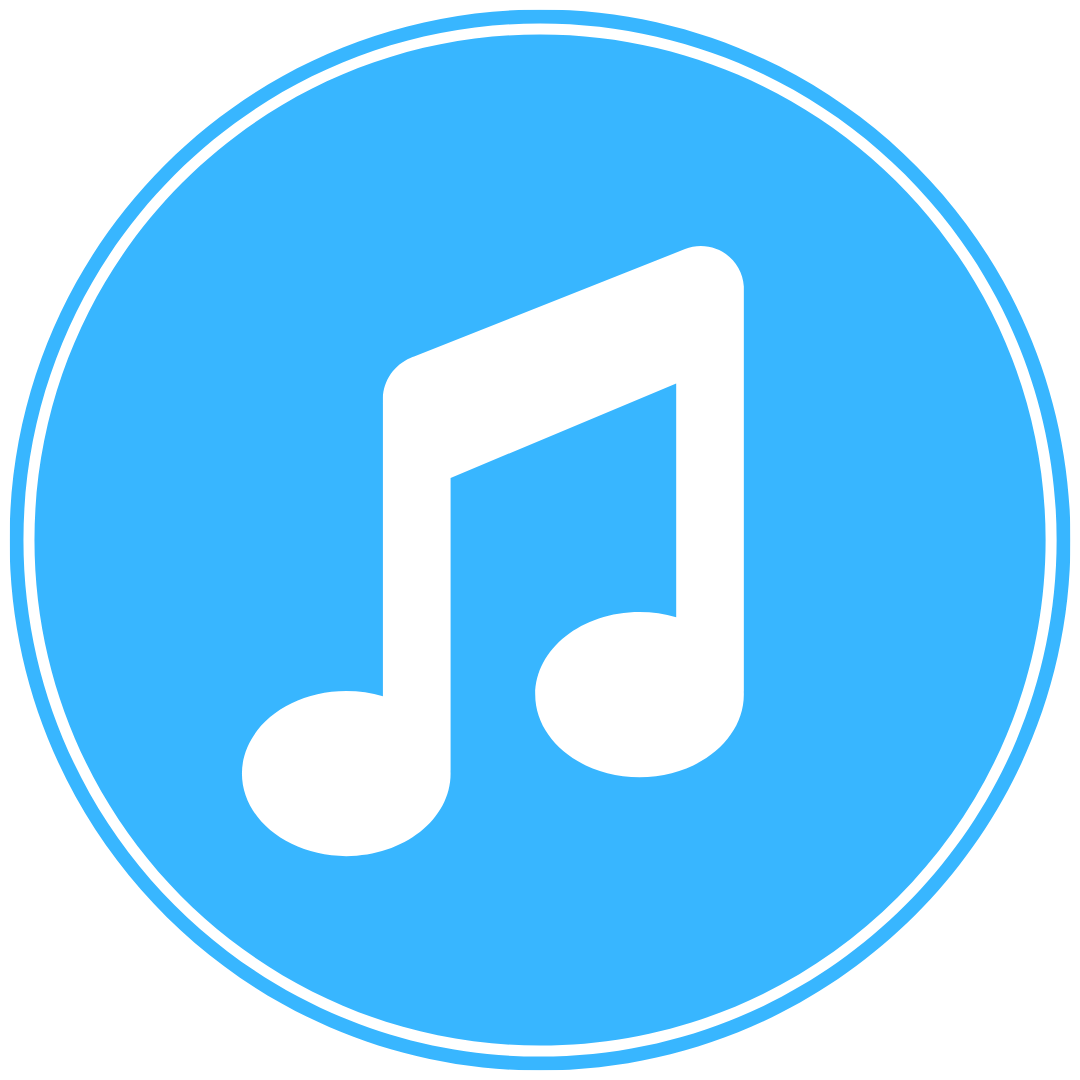A voice lesson is not a performance. It is a lab where you conduct fun experiments.
The performer presents ‘the known’ (i.e. the memorized music within yourself, using the habits you’ve practiced) in the context of the ‘unknown’ (the setting, the audience, the building, etc.). You don’t experiment with your technique in a performance, you don’t really try new stuff, but instead you present what you’ve already learned. We present what we know in a new space, in front of new people.
In a voice lesson the student is in the context of familiarity (the ‘known’) and moves into the ‘unknown’ (new ways of approaching your high range, new ways of beginning a tone, etc.) within himself. So we move from the known (your habits) to the unknown (new habits you may not have thought of) in a familiar, safe space, with someone you know and trust.This is where you experiment, in the lesson and then especially in your practice. We try something we don’t know how to do already, within a familiar space, with a trusted teacher.
So, you don’t experiment in performance, but you continually experiment in practice and in lessons. It’s my job to give you things to try that if done correctly,consistently, and with patience, will lead you to vocal discoveries that will reveal your free voice.
We look for sounds that are helpful, and we know a sound is helpful in revealing the great qualities in your voice because it either:
1. Sounds better (when you listen to a recording of yourself, not necessarily when you are hearing yourself as you’re singing)
2. Feels better
If something feels better but perhaps doesn’t sound better, it is still a helpful sound.
There is no good or bad sounds, those descriptions are useless for learning how to sing because they don’t describe why and how something sounds bad, or good.
So instead of blanket statements about our singing (i.e. good, bad) we make specific observations of current habits (whether they are helpful or unhelpful) and explore new habits, which enables the student to make new choices. The student is responsible for making those new choices,picking up new habits, and the teacher is the one responsible for raising the awareness of the student so she/he can discover his/her vocal options. Your voice is wonderful all by itself. What the teacher and student do is discover the beautiful voice you already have but that is not heard (simply because the sound is distorted by unhelpful habits) and learn together how to drop those habits and pick up new, more helpful ones.
